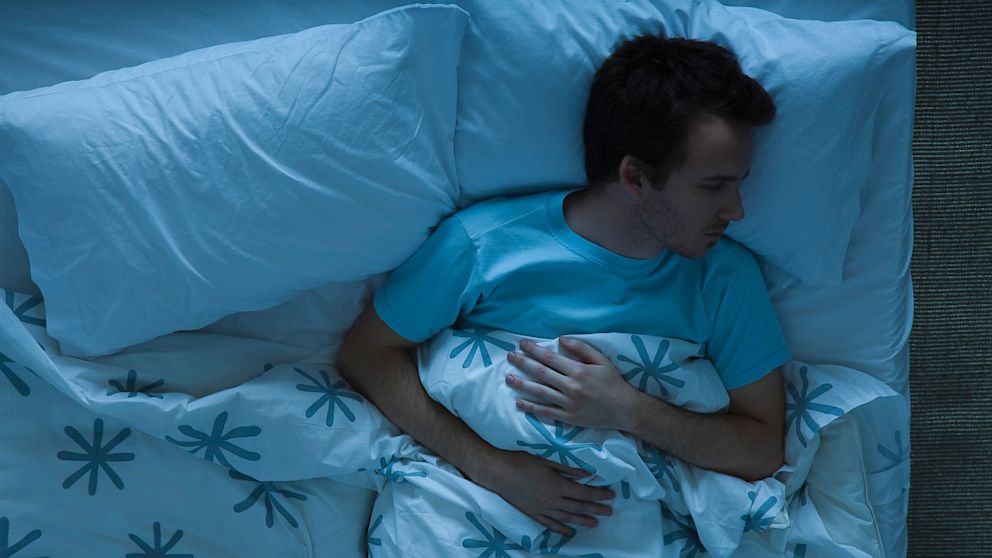5 Signs You Could Have a Sleep Disorder
Find out what you're up against and learn how to sleep better.

Sept. 13, 2013— -- intro: Everyone has difficulty sleeping now and again. But if your lack of shut-eye is an ongoing problem, you may need help to get a good night's rest.
Pay attention to these warning signs, as they could mean you're struggling with a sleep disorder. Once you know what you're up against, you'll soon be on your way to a better night's sleep.
The Best and Worst Foods for Sleep
quicklist: 1category: Signs You Could Have a Sleep Disordertitle: You're still tiredurl: text: The problem: You sleep for eight hours and still wake up groggy and unrefreshed.
During a normal sleep cycle, the body alternates between deep and light sleep that should leave you feeling awake and alert. If you're still sleepy after a full night in bed, chances are something is happening to prevent your body and brain from entering those deep, restorative levels of sleep.
7 Tips for the Best Sleep Ever
quicklist: 2category: Signs You Could Have a Sleep Disordertitle: You snoreurl: text: The problem: Your partner says you snore or stop breathing in bed.
Snoring may be harmless, but it could also be a warning sign for sleep apnea—a dangerous condition in which your airway becomes obstructed and you stop breathing in your sleep.
10 Products that May Help You Sleep
quicklist: 3category: Signs You Could Have a Sleep Disordertitle: You sleep during the dayurl: text: The problem: You nod off during everyday activities like reading or driving.
It's normal to be tired after a night of tossing and turning, but when you start to experience excessive daytime sleepiness—falling asleep at work or behind the wheel, for example—it's time to consider whether you're getting enough sleep, and whether you might have a sleep disorder.
quicklist: 4category: Signs You Could Have a Sleep Disordertitle: It's been a long, tired roadurl: text: The problem: You've had trouble falling asleep (or staying asleep) for at least a month.
It may seem obvious, but people suffering from insomnia often don't seek help from their doctors; they either assume they're meant to be that way or that the problem will go away on its own. But if a sleep problem becomes chronic—meaning that the brain retrains itself to not sleep when it's supposed to—you may need medication or therapy to get back on the right track.
How to Get More Energy, from Morning to Night
quicklist: 5category: Signs You Could Have a Sleep Disordertitle: Sleep isn't the only issueurl: text: The problem: You suffer from another chronic health condition or experience mysterious symptoms that keep you awake.
It makes sense that people dealing with other health issues, such as depression, illness, or chronic pain, would have a harder time sleeping peacefully. And some conditions, such as restless legs syndrome, exhibit their worst symptoms at night. Because these problems can perpetuate each other, it's important not to take your sleep difficulties for granted and to talk to your doctor.
10 Things to Say (And Not to Say) to Someone with Depression




